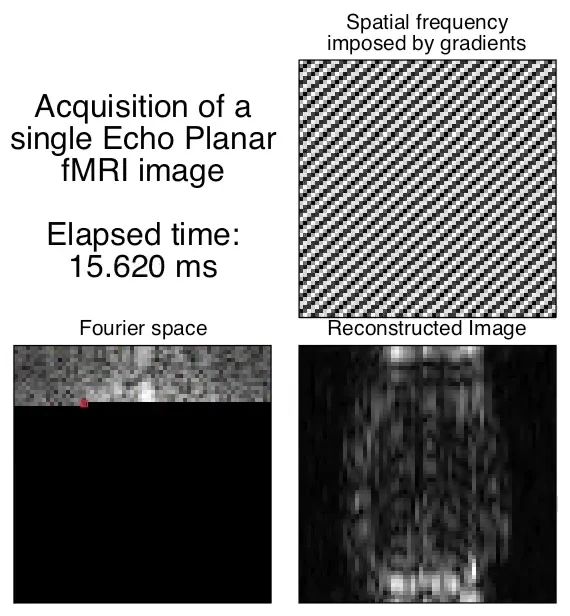
Just out in @cognitionjournal.bsky.social, led by Ryan Barker with the inimitable @drjenryan.bsky.social.
www.sciencedirect.com/science/arti...

Just out in @cognitionjournal.bsky.social, led by Ryan Barker with the inimitable @drjenryan.bsky.social.
www.sciencedirect.com/science/arti...
Hou and colleagues reveal the unique role of both the hippocampus and angular gyrus in supporting high fidelity episodic memories!

Hou and colleagues reveal the unique role of both the hippocampus and angular gyrus in supporting high fidelity episodic memories!
psycnet.apa.org/record/2026-...
The short answer to the title, "What Makes Memories Vivid?" is ... meaning!


psycnet.apa.org/record/2026-...
The short answer to the title, "What Makes Memories Vivid?" is ... meaning!
I uploaded the classic Watson & Crick paper about DNA structure, and the Adviser had this to say about one of the greatest paper endings of the century:

I uploaded the classic Watson & Crick paper about DNA structure, and the Adviser had this to say about one of the greatest paper endings of the century:
www.cell.com/trends/neuro...
#neuroscience

www.cell.com/trends/neuro...
#neuroscience
Are reinforcement learning models complete accounts of decisions from experience if they ignore explicit memory?
In this new preprint, we show that people indeed form robust explicit memory representations that flexibly guide later decisions.
🔗 Preprint: doi.org/10.1101/2025...

Are reinforcement learning models complete accounts of decisions from experience if they ignore explicit memory?
In this new preprint, we show that people indeed form robust explicit memory representations that flexibly guide later decisions.
🔗 Preprint: doi.org/10.1101/2025...
go.nature.com/47zrzYZ

go.nature.com/47zrzYZ
osf.io/preprints/ps...
🧵...
osf.io/preprints/ps...
🧵...

Essential reading about why learning is important even if/when you forget the specific content (and is especially important in these times)

Essential reading about why learning is important even if/when you forget the specific content (and is especially important in these times)
Led by Ali Golbabaei, this study explores the how the composition of prefrontal cortical engrams changes with memory age:
authors.elsevier.com/a/1lzT-3BtfH...
Led by Ali Golbabaei, this study explores the how the composition of prefrontal cortical engrams changes with memory age:
authors.elsevier.com/a/1lzT-3BtfH...

www.biorxiv.org/content/10.1...

www.biorxiv.org/content/10.1...

Across two new papers, we examined the eye movement patterns of younger adults, older adults, individuals with mild cognitive impairment, and amnesic cases.
1/5
Across two new papers, we examined the eye movement patterns of younger adults, older adults, individuals with mild cognitive impairment, and amnesic cases.
1/5

vimeo.com/143701608?fl...

vimeo.com/143701608?fl...
Here is an example study and review from our lab…child development focus.
cognitiveresearchjournal.springeropen.com/articles/10....
www.sciencedirect.com/science/arti...
Here is an example study and review from our lab…child development focus.
cognitiveresearchjournal.springeropen.com/articles/10....
www.sciencedirect.com/science/arti...
Below a thread summary 🧵1/n
#metatheory #AGI #AIhype #cogsci #theoreticalpsych #criticalAIliteracy

Below a thread summary 🧵1/n
#metatheory #AGI #AIhype #cogsci #theoreticalpsych #criticalAIliteracy
doi.org/10.1038/s414...

doi.org/10.1038/s414...
New paper by @selmalugtmeijer.bsky.social showing that neural states get longer as people age. #PsychSciSky
nature.com/articles/s42003-025-08792-4

New paper by @selmalugtmeijer.bsky.social showing that neural states get longer as people age. #PsychSciSky
nature.com/articles/s42003-025-08792-4

By @callimcflurry.bsky.social
#neuroskyence
www.thetransmitter.org/retraction/a...

By @callimcflurry.bsky.social
#neuroskyence
www.thetransmitter.org/retraction/a...
1/n

1/n

